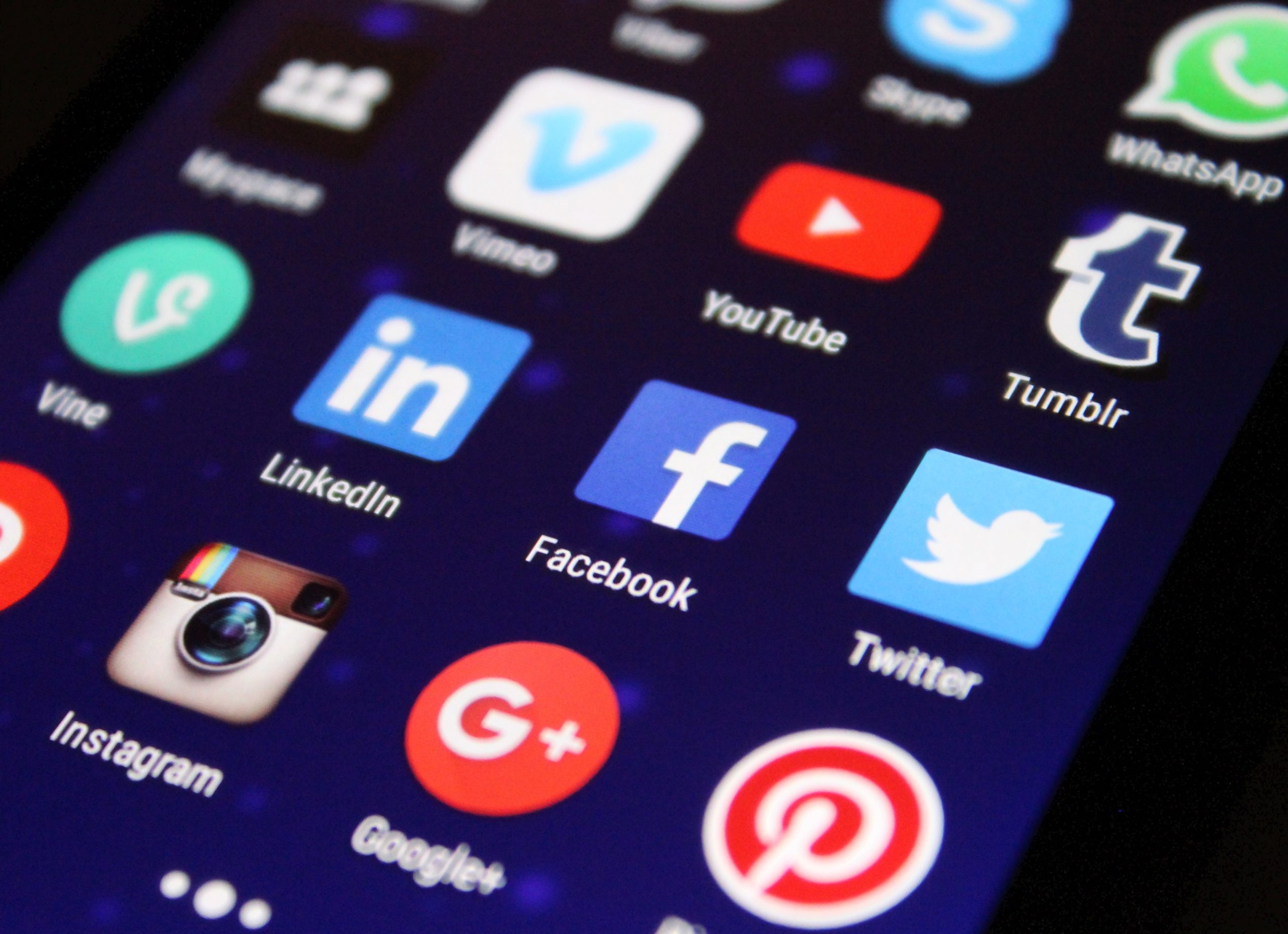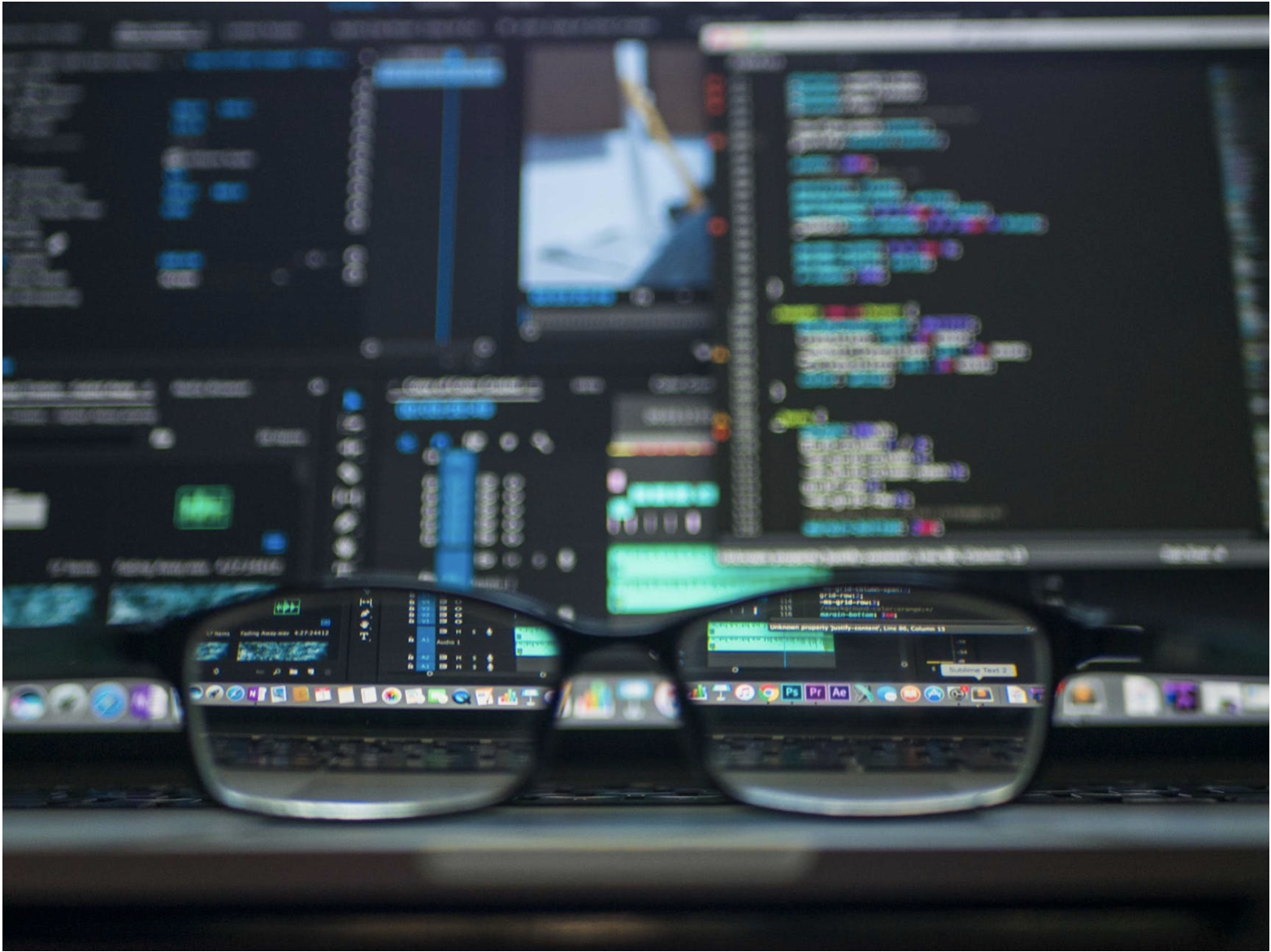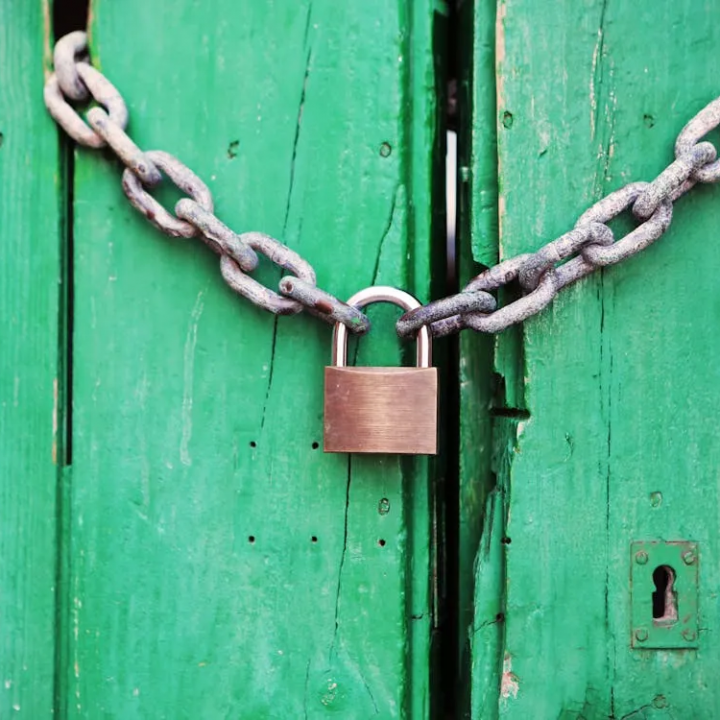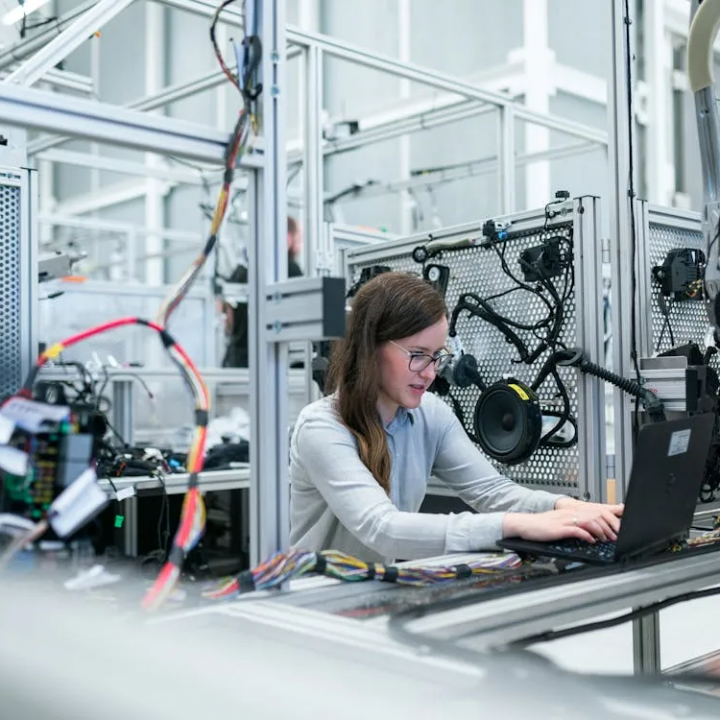Social media is one of the greatest inventions of the 21st century. Facebook allows you to keep in touch with your friends, regardless where on the globe they live. If you have in-demand professional skills, LinkedIn allows you to move up the career ladder with only a fraction of the effort you would have required in the past. Instagram allows you to instantly share something meaningful with thousands of people across the globe.
These are only some of many great things that social media enables you to do. It can certainly significantly enhance the quality of your life. And this is why the creators of the most popular social networks are incredibly wealthy.
However, not everything about social media is beneficial to your life. Far from it. Social media platforms are designed to be addictive. It is in the interest of social media companies to keep you as engaged as possible. And this is how social media may take away a significant proportion of your time – a time that you could have spent enhancing your skills or enriching your life in other ways.
But being addictive is only one part of the problem. It’s not the only feature of social media that is detrimental to your life goals and the quality of life in general. And both the addictive qualities of social media and other negative aspects of it are the subjects that we are going to talk about today.
So, if you have some ambitions to take your life to the next level or simply want to live a more fulfilling life, you will absolutely need to limit your access to social media. And now you will find out why.
Why social media is so addictive
Almost all social media platforms are completely free to use. Facebook, for example, has famously promised that “it’s free and always will be“. But despite this, the companies that run social media platforms rake in huge amounts of profit and pay their employees well.
This is not a paradox. The business model of social platforms is to attract millions of users, so they can then get easily exposed to targeted advertisement.
The more effective advertisement is and the more adverts an individual user sees – the better it is for business. Therefore it is in the company’s interest to do these two things:
- Learn as much as possible about user behaviour, so each user can be presented with the most relevant advertisement.
- Encourage users to spend as much time on the platform as possible, so each user will be exposed to as much advertisement as possible.
Both of these things are directly related – they are achieved by driving user engagement. And there is no more effective way of driving user engagement than directly stimulating the anticipation hormone – dopamine.
Unfortunately, dopamine is the main hormone that is involved in addictions. And it doesn’t even generate much in terms of pleasure. Instead, it is making you think that a pleasurable event is just around the corner, so you will be driven to mindlessly carry on performing a certain action. In the context of social media, dopamine is the hormone that makes you continuously scroll your feed for hours on end while you don’t even feel much pleasure doing so.
Dopamine is the main addiction hormone precisely because it is a hormone of anticipation and not a hormone of pleasure. For example, an alcoholic would struggle to stop drinking not because drunkenness is pleasurable. Dopamine release caused by the alcohol makes him think that he would need just one more drink to feel the real pleasure. Once he has this drink, it needs to be just one more after that. And so the process continues. Just replace “one more drink” with “one more random post” – and you’ll appreciate why social media is addictive.
Big tech companies do employ professional psychologists to help them to encourage a specific user behavior. And because of this, everything that you see on a typical social media website is deliberately designed to trigger your dopamine response.
For example, once you log into Facebook, you get treated with an endless feed of content. You never know what new content you will see if you’ll start scrolling down and this curiosity gives you a dopamine kick. You can completely lose yourself in the process of continuously scrolling down in the hope to see something amazing.
Another example is a red number on your notification bell. That number stands out and instantly makes you curios. It’s extremely hard not to click on it to see what those notifications are about. Have I been mentioned somewhere? Has someone written on my timeline? What else has happened?
Interestingly, by default, that number on your notification bell is always there, regardless of whether you had any recent interactions with anyone or not. The only difference is that it changes what you get notified about depending on how frequently you interact with other people.
If you post and comment frequently, your notification bell will probably only light up if someone has replied to any of your comments or has commented on your post. If you haven’t been on Facebook for a few days though, you will still see the numbers on your notification bell, but this time all of your notifications will be either about your friends posting something somewhere, or about some completely random person posting something in a group that you are a member of.
These are just some of the most obvious examples of how social media is deliberately designed to be addictive. There are also many other, more subtle, ways of keeping you hooked.
The danger of it is obvious. Social media robs you of the time that you could have spent doing something productive or fulfilling. And it doesn’t just takes your time away from you. It’s doing so in such a way that, once you begin, it’s hard to stop. And once you have stopped, you will soon want to go back, despite the fact that the process of using social media probably doesn’t even give you much pleasure. You could have been doing something way more pleasurable outside of social media, but your dopamine response may make you temporarily forget that the world outside social media even exists.
Being dragged into meaningless arguments
The intentionally addictive design of social media platforms is only one problem. The design of some (but not all) of these platforms also facilitates arguments between users that can eat up huge amount of time and mental energy.
It’s hard to tell whether this is by design or not. However, the problem certainly exists and is especially prevalent on Facebook and Twitter.
Most social media users can fully relate to the following situation. You open your social media app, check a few new posts and then you see someone trying to religiously convince everyone of something that you know is definitely wrong. For example, you may be working as a medical doctor and someone who, based on his profile, only has a high school education, is trying to push some completely idiotic or even dangerous pseudo-scientific ideas about medicine.
It can be extremely hard to just ignore the post. However, if you do choose to reply, the exchange may take very long time, which you can no longer spend on any productive activities. Also, once this exchange is over, you will probably be too mentally drained to complete any substantial chunk of meaningful intellectual work.
This becomes an especially huge problem during major global events that affect most of the population, such as Covid-19 pandemic. With so many posts being shared by uneducated people about conspiracy theories, such as the one about Bill Gates supposedly wanting to microchip everyone through vaccines, I feel really sorry for anyone who have actually studied what is 5G, how electronics work and how vaccines are made. These experts have hard time using social media while being surrounded by so many people believing in so much nonsense.
Or it could be a slightly different situation. You have posted something and, out of nowhere, you see a small minority of people posting hateful comments on your post. Once again, it’s hard not to respond, so you may end up in unnecessary argument with exactly the same consequences as in the first example.
The problem of social media is that it allows people to be openly angry without any costs to them. Because they are not talking to anyone face to face, there is no risk of physical violence. This is why they can say anything they want to anyone.
Very often, the people you end up arguing with on social media don’t even know you personally. This removes even more consequences. There is very little risk that being daring in their comments will ruin any of their relationships.
On top of that, there are also trolls. usually, they are people who haven’t achieved anything meaningful in their lives and the only way for them to feel significant is to insult someone and get them to react. This is why, when you build a large enough following, no matter what your blog is about, you will always have at least a small minority of haters.
And these factors combined not only make it easy to start arguments on social media, but they also often make those arguments nasty.
Having said that, social media companies are taking measures to minimize the amounts of nasty behavior. On any of these platforms, you can easily block any users and report any harmful content.
Some social media platforms are taking even more pro-active approach. On Quora, for example, a site where users post questions and answers on a various topics, there is BNBR policy, which stands for “be nice, be respectful”. And it’s bots that pro-actively scan user-generated content and automatically remove any content that they recognize as harmful.
However, this doesn’t address dopamine-inducing effect. Quora is just as addictive as any other social media platform. And you can still end up being dragged into long unproductive arguments with people; although those will probably be way more civilized than the ones on either Facebook or Twitter.
When even doing nothing drains your mental power
So, since you are now aware that social media is largely designed to keep you occupied for as long as possible and one way of doing it is by facilitating arguments between users, shouldn’t you just be able to switch the autopilot off and not allow yourself to be controlled by those design elements of social media? Well, not quiet.
You might be able to, but you are unlikely to succeed unless you had years of mindfulness practice under your belt. Chances are that the notification counter that you have deliberately ignored or that triggering post that has appeared on your timeline will stay in your mind for a while, preventing you from being able to focus properly. And absolutely everything worthwhile in life, whether it is working or studying, requires focus.
This is not the only problem that you will encounter when you deliberately choose to ignore your notifications or just scroll through that controversial post without responding to it. When you are making a choice not to react to something that you really want to react to, you are using up your willpower. This results in so-called ego depletion, which is another name for draining your mental energy.
Not all experts agree that ego depletion is real. Some studies suggest that it only affects those who believe that this phenomenon exists. But nevertheless, there are enough studies that suggest that it’s something to look out for.
So, to summarize, if you just open your social media before performing an important task that requires concentration, and all you do is read a couple of posts without responding to any, it will probably still negatively affect your effectiveness on that task you intended to do. The willpower that you have used not to respond to any posts or notifications will probably leave less mental energy available for the task ahead, while certain content that you saw may generate a distractive though process in your head, preventing you from focusing properly.
And when it comes to triggering posts in particular, you will probably be seeing many of them if you have been in the habit of responding to the types of content that triggers you. What you see on your timeline and your notifications isn’t random. All social media platforms use AI-powered algorithms to deliver you the content that is contextually similar to the content you have seen previously.
This is why, even if you stop responding to these kind of posts, they will carry on appearing on your timeline for a while. So, virtually every visit to Facebook will either be a temptation to be dragged into a pointless argument or a drain of your mental energy if you will choose not to.
But there there are good things too
Up to this point, many bad things were said about social media. But the fact that those things exist doesn’t mean that we all should just stop using social media. On the contrary.
Social media platforms would have never become as popular as they are if they wouldn’t deliver much in terms of valuable things. And every popular social media platform can indeed be used as a very useful tool.
First of all, social media platforms, especially Facebook, are really effective at allowing you to keep in touch with your friends. Before wide adoption of these technologies, keeping in touch with someone was not as straight-forward, unless it’s someone you are interacting with on regular basis. People do change their phone numbers and move to different addresses, so it would not always be easy to contact someone you haven’t spoken to in a few years.
With Facebook, things have changed. As long as people are following the terms and conditions and are registering under their real names, finding someone on it is relatively easy. And you don’t even need to know their phone number to get in touch. You can do so by merely messaging them. People still change their phone numbers, but they rarely change their social media accounts (unless, of course, they are trolls who get banned often).
Another benefit of social media is that it allows you to put your content out there. Whether you are a blogger or just looking to promote your business, there are plenty of places on various social media platforms where you can do it effectively. And your post will be instantly seen by many.
Certain social media platforms allow you to promote your skills in a different way. LinkedIn, for example, is a specialist platform for developing your career. Recruiters post job opportunities directly on it. And, if your profile contains any in-demand skills, you will eventually be found by recruiters without much effort from you.
LinkedIn in particular is also useful as a collaboration platform. You can join any of many specialist groups and get in touch with other professionals in your field.
Social media is also a place where you can meet new friends. Every platform has many different interest groups that regularly organize meet-ups. And this is how you can get to know like-minded people and then meet them in real life.
And those are just some of the examples. There are many more.
How to use social media more effectively
So, since you are now aware of how social media can prevent you from having a fulfilling life, here are some things you could do to maximize it’s benefits while eliminating most of its negative aspects:
1. Switch off as many notifications as possible
All social media platforms give you a degree of control over how many notifications you see. By default, all kinds of notifications will be on.
This is not what you want. Because when this setting is enabled, you are pretty much guaranteed to see a number next to your notification bell every time you open your app.
You will still have an urge to click on the bell, but you will probably see that most of them relate to things that you aren’t really interested in. Your friend has posted something somewhere. Some group that you are a member of has a new post. And so on.
You will probably want to restrict notifications to only those that relate to the content that you have posted or any comments that you have made. The rest of notifications will give you no value, but they will still distract you. So, a good place to start would be to go to your notification settings and switch all irrelevant notifications off.
In addition to this, you can edit notification settings for individual groups that you belong in. After all, not every random posts in that group would be of interest to you. If you need to, you can always visit that group and manually check what has been posted there recently.
2. Unfollow everyone who regularly posts triggering content
You know these people. They might be excessively political with their opinions being opposite to yours. Or they may constantly talking about a subject that they know nothing about. Anyone who regularly posts something that you will want to start an argument about falls under this category.
But perhaps they are much nicer in real life and you still want to keep them in a circle of your friends. Well, in this case, the “unfollow” button allows you to keep them connected, but you will never see any posts from them again until you will choose to visit their page yourself.
3. Have a dedicated time window for social media usage
One of the worst things you can do is open social media straight after your alarm bell rings in the morning. You will get distracted even before you start your day, which will prevent a positive momentum of productivity from being generated.
It is also unwise to keep occasionally visiting social media while you are working or studying. This will make you lose your momentum and it may become extremely difficult to carry on. Plus, all the problems of ego depletion and diminished focus will enter the scene.
So, it’s better to limit social media usage to the evening once you are done with your main activities for the day. It’s even better if you will limit social media usage to a relatively small time window, like an hour.
4. When you are about to visit social media, consciously ask yourself why you need it
Most of the time, when people visit social media, they do so on autopilot. And this is how they end up spending hours on it without even noticing it. And because of this, social media usage can be substantially reduced if you will get into the habit of consciously asking yourself why would you need to use social media when you are about to use it.
There may be a valid reason. Perhaps you want to catch up with your friends. Perhaps you want to promote your business. Or perhaps it’s just a way to relax after a hard day at work. But it might simply be a habit and an action that you perform subconsciously for no real reason. And if you realize then and there that the action you are about to do has no purpose, it will be easier for you not to engage in that action.
You may also choose to go one step further. Even if you have a valid reason to use social media, perhaps there is a way of achieving the same goal by different means? For example, if you just want to relax, perhaps it would be better to read a book or watch a good movie. Or if you want to get in touch with your friends, perhaps you could just call them. But I’ll leave this one for you to decide.
5. Deliberately seek useful content
I have already mentioned how responding to the content that triggers you will train the algorithms to deliver more of such content to you. The good news is that you can use this process to your advantage.
Instead of just mindlessly scrolling through your timeline, you can start to deliberately seek the content that could be useful to you. It could be educational content, something creative or anything else that will help your life to become more fulfilling.
The algorithms will pick up what kind of content you are interested in and eventually it’s this type of content that you will start seeing on your timeline.
6. Have days of social media detox
You don’t have to on social media every day. Occasionally, you need to take a break from it. So, it will be useful to have a day once in a while when you don’t visit any social media at all.
Not only this will help you to have a good rest, but this will also help your brain to rewire. Because social media is designed to be addictive, all of the actions described thus far may not be easy to implement. However, if you do get into a habit of spending prolonged time without social media, the compulsive usage of it will eventually diminish.
Wrapping up
So now you are aware why social media is not as harmless as many believe. And you have been given some tools to eliminate the negative aspects of it.
However, you must be aware that although these action steps are effective, not everyone will find them easy. Whether they are easy or difficult will depend on how addicted to social media you are.
So, be prepared to find some of these steps difficult. Be prepared to experience boredom. But remember that, at the early stages of this process, boredom is your friend. Embrace it.
The good news is that it will be difficult only at the beginning. If you will persist with it, things are guaranteed to become easier in just a couple of weeks.
And then you will experience a new level of mental clarity. It will become much easier to get meaningful work done and, with dopamine sensitivity returning to normal, you will start experiencing pleasure from simple things. Your life will become more fulfilling.
Best of luck and I hope you have a great and fulfilling life!
P.S. if you want to learn more about how to become mega-productive and how to fight back against those who want to steal your focus for their own financial gain, the bestselling Battle Hardened Developer book will help you.






